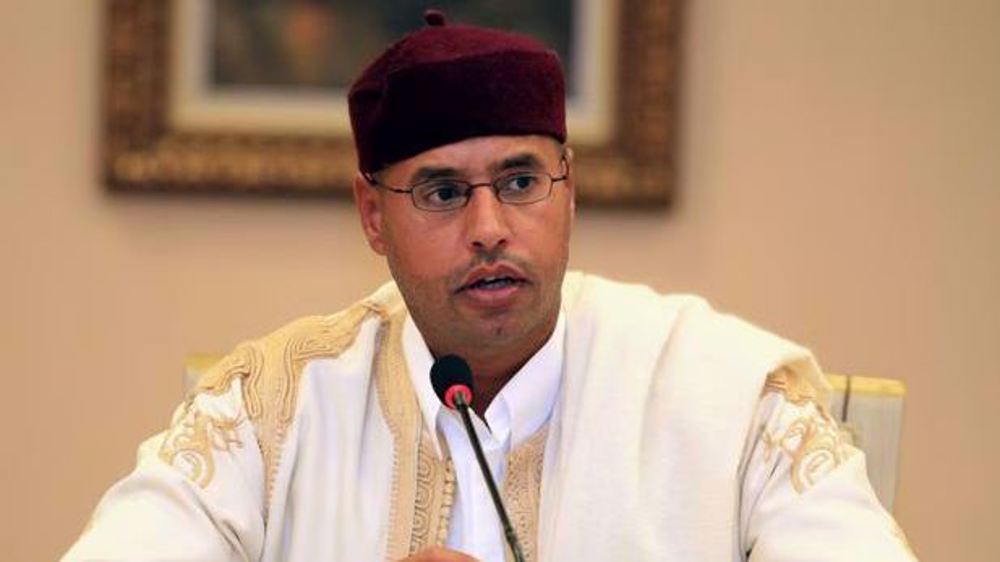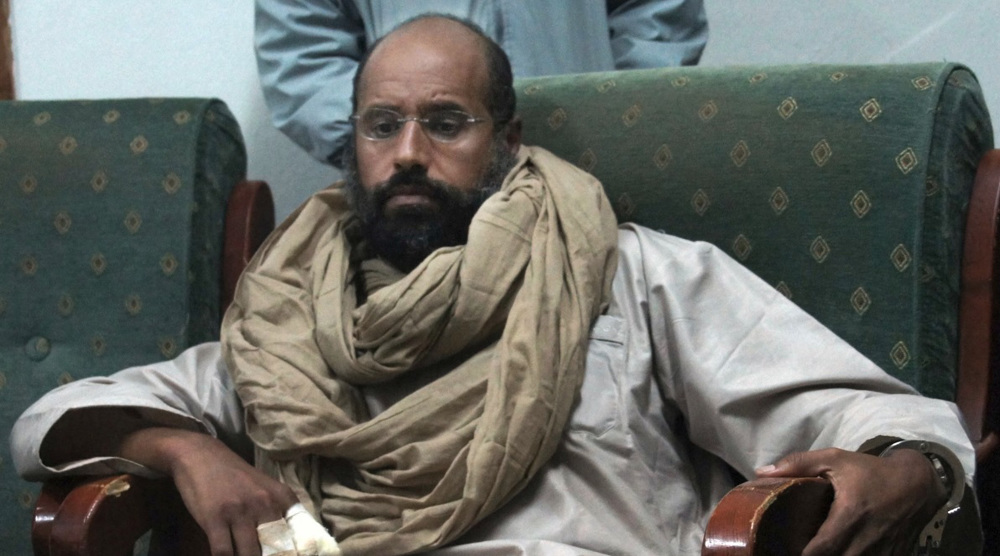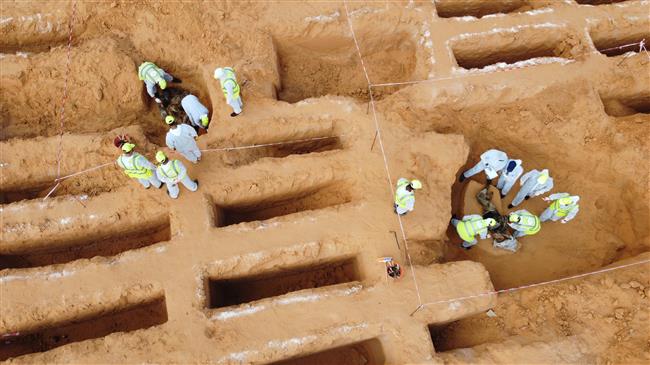UN: ‘Sabotage’ underway amid arbitrary detention of eastern Libyans in Tripoli
The United Nations says the ‘arbitrary detention’ of people arriving in Tripoli from the east amounts to ‘sabotage’ efforts against the unity of Libyans, against the backdrop of a recently-signed ceasefire agreement.
The UN Support Mission in Libya (UNSMIL) tweeted on Sunday that in the first week of the current month “a number of individuals from the east who traveled to Tripoli were arbitrarily arrested by armed groups.”
“At least one person was followed to his destination in Tripoli and then arrested, others were allegedly arrested at the airport upon arrival.”
Since 2014, two rival seats of power have emerged in Libya, namely the internationally-recognized government, known as the Government of National Accord (GNA), and another group based in the eastern city of Tobruk.
The second powerhouse is supported militarily by renegade General Khalifa Haftar, whose forces are collectively known as the so-called Libyan National Army (LNA), which has eastern Libya and much of the south under its control.
Haftar, supported by the United Arab Emirates (UAE), Egypt, and Jordan, launched a deadly offensive in April last year to capture Tripoli and oust the GNA, which is fully supported by Turkey. The 14-month offensive, however, failed.
After many international attempts to bring peace to Libya, the two sides finally reached a UN-brokered “permanent ceasefire” last month. Earlier this week, rival Libyan military officers also agreed on a road map for implementing the truce.
UNSMIL said it believed that “these actions aim to sabotage the good-faith efforts to bring Libyans together, following the ceasefire agreement.”
It also emphasized the Libyans’ right to freedom of movement, calling for the immediate release of those detained.
Soon after Haftar began its campaign to seize Tripoli, commercial flights between the eastern city of Benghazi and the capital were suspended. The flights resumed in mid-October.
Fathi Bashagha, the interior minister of the GNA, “strongly condemned” the detentions in a statement, stressing that proceedings had already been launched against members of the armed group involved.
Separately, UNSMIL hailed a decision made by the Libyan Civil Aviation Authority on November 4 “to permit the resumption of flights to all airports in the southern region of Libya.”
Libya, which sits atop the largest oil reserves in Africa, plunged into chaos in 2011, when a popular uprising and a NATO intervention led to the ouster, and later killing, of long-time dictator Muammar Gaddafi.
US lawmaker blasts attorney general for ‘lying under oath’ over handling of Epstein probe
Iran received no concrete US proposal in Oman talks: Security chief
Nouri al-Maliki defends Hashd al-Shaabi as inseparable part of Iraqi security system
British PM Keir Starmer faces calls to resign
Iran’s Kowsar satellite beams Islamic Revolution anniversary message across region
VIDEO | Press TV's news headlines
VIDEO | Indian regions celebrate Iran’s Islamic Revolution anniversary
Iran’s missile program will never be on negotiating table: Shamkhani














 This makes it easy to access the Press TV website
This makes it easy to access the Press TV website